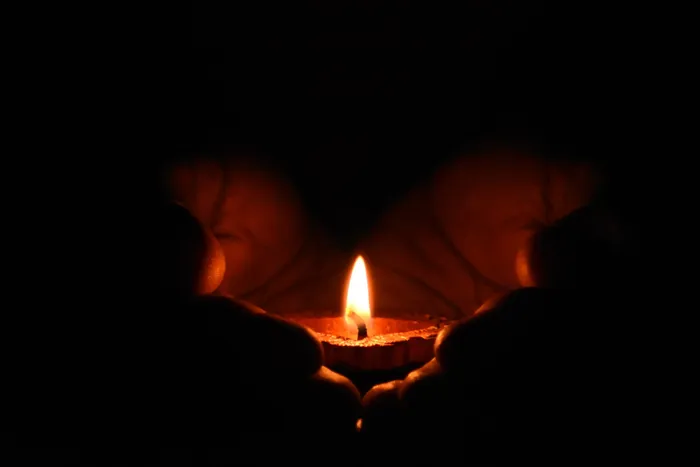
Johannesburg - On a day of terminations, the National State of Disaster was lifted and the proposed exemption of Eskom from disclosing irregular and fruitless expenditure in its annual financial statements was rejected.
It's a double blow in the fight for the government to end load shedding and take South Africa out of darkness.
Yesterday, the Department of Co-operative Governance and Traditional Affairs (Cogta) announced the scrapping of the National State of Disaster.
Cogta Minister Thembi Nkadimeng said in a media briefing that by its very nature, the Disaster Management Act compelled one after every 30 days to review, relocate or terminate a state of disaster.
She said that the decision was motivated by the fact that the number of measures that had been taken to achieve the objectives of relieving the impact had been able to assist in getting the systems and processes in place to ensure that the government was ready to deal with the challenges.
"Of importance, the termination and the declaration will not halt the measures already taken or being taken to achieve the regulations or any other issues to ensure that the government responds positively to achieve a constant supply of power," she said.
Minister of Electricity Kgosientso Ramokgopa also addressed the media briefing yesterday, saying that the impact of the termination of the state of disaster on procurement was certain in some provisions, such as during times when only one manufacturer produced something, they were able to bypass normal purchasing conditions.
"Therefore, the termination of the State of Disaster does not impact that; the existing dispensation makes it possible going into the future," Ramokgopa said.
He said that this termination would not undermine the agility and responsiveness of procurement.
DA shadow minister of Public Enterprises Ghaleb Cachalia and shadow minister of Mineral Resources and Energy, Kevin Mileham, said in a joint statement that they warned Ramaphosa and his government that the deviation from addressing problems at Eskom and the electricity sector "while projecting the problem to the entire country, was ill-advised as it opened the gates to corruption and reckless regulations," said the statement.
Trade union Solidarity chief executive Dr Dirk Hermann said the withdrawal of the State of Disaster less than two months after it was instituted was an indication that Solidarity was right from the outset in contending that the State of Disaster was mere political theatre.
"All the instruments that are needed to solve the energy crisis have been in the government’s hands for years. The government’s incompetence or unwillingness to use those instruments is the greater disaster.
"An incompetent artisan with a bigger hammer will not result in him being able to do a better job," Hermann said, adding that the solution lay in the devolution of power.
GOOD party Secretary-General Brett Herron said the declaration of a state of disaster and special auditing measures for the ailing power company had been sunk in a storm of mistrust and anger.
"The real effect of the government’s one-step-forward, one-step-backward Eskom routine will be negligible because, as GOOD said in response to the announcement of the State of Disaster, it was unnecessary and reflected government desperation to create the impression that it was nominally in control," said Herron.
Meanwhile, Finance Minister Enoch Godongwana withdrew planned changes to the Public Finance Management Act that would exempt Eskom from reporting irregular expenditure.
AfriForum’s manager for local government affairs Morné Mostert said Godongwana should try to improve the overall management of Eskom rather than try to make clever plans to make Eskom’s image and financial statements look better.
Mostert also said that the lifting of the State of Disaster was proof that the government succumbed to public pressure and hopefully realised that a state of disaster was not necessary to solve the crisis.
Additional reporting by Baldwin Ndaba
The Star
Related Topics: